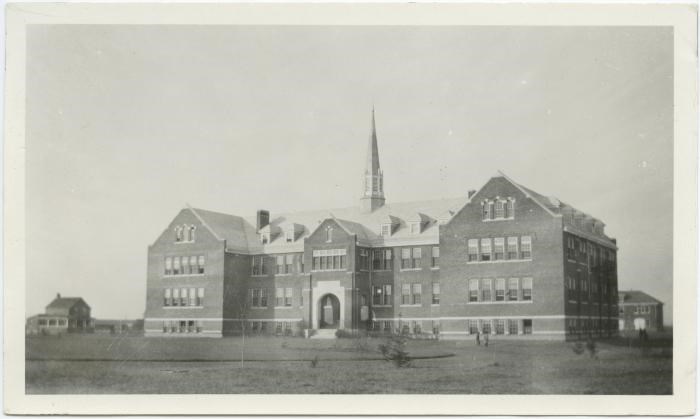ST. ALBERT - A University of Alberta archaeologist is searching for unmarked graves in St. Albert with the assistance of residential school survivors.
Eric McKay, one of the survivors assisting in the search, described the impact of his experience at a forced assimilation institution, where he was sent when he was seven, to CTV News.
“I never really got the proper tools to navigate through life,” he said.
“I went through phases of seeing other kids getting abused in there: sexually, physically, mentally and emotionally, as well as myself.”
McKay, who suffered from addiction issues after his teenage years, began his road to recovery 13 years ago.
“I gave my life to God in 2010 and I’ve been on a journey, it’s been a process,” he said.
Kisha Supernaut, the U of A archeologist leading the search, told CTV she’s working with Elders and survivors “to identify the places where they’re most concerned of there being potential unmarked graves and try to evaluate how much we can get done at a time.”
Her team is using drones and other technology to carry out a search west of the local cemetery, which was identified as a potential site by community members.
The results of the survey will be given to Poundmaker’s Lodge, the Indigenous-oriented recovery clinic in the city of approximately 65,000 located about 16 km northwest of Edmonton. The lodge is built on the site of the former Edmonton Indian Residential School.
Siobhan Dreelan, a community engagement officer at the lodge, told CTV that the first phase of the search consisted of gathering survivor testimony and now survivors are leading the search team to areas of concern.
McKay said he hopes the search’s outcome is for the public to “be more inclined to have an open mind along with the willingness to engage with all peoples,” he said.
The possible presence of unmarked graves near the Poundmaker site was identified in 2022 with ground-penetrating radar.
The Nechi Institute, another addictions recovery clinic that had offices in the Poundmaker building from 1986 to 2020, was moved out of the building into trailers on its grounds by the provincial government to make room for more beds at Poundmaker.
When the institute’s leaders learned their portables were located on top of unmarked graves, they asked for the federal government to provide them assistance in moving.
The federal government declined this request, arguing the Poundmaker grounds are a provincially managed site.
The graves are believed to belong to at least 98 children who died from tuberculosis at the Charles Camsell Hospital.



